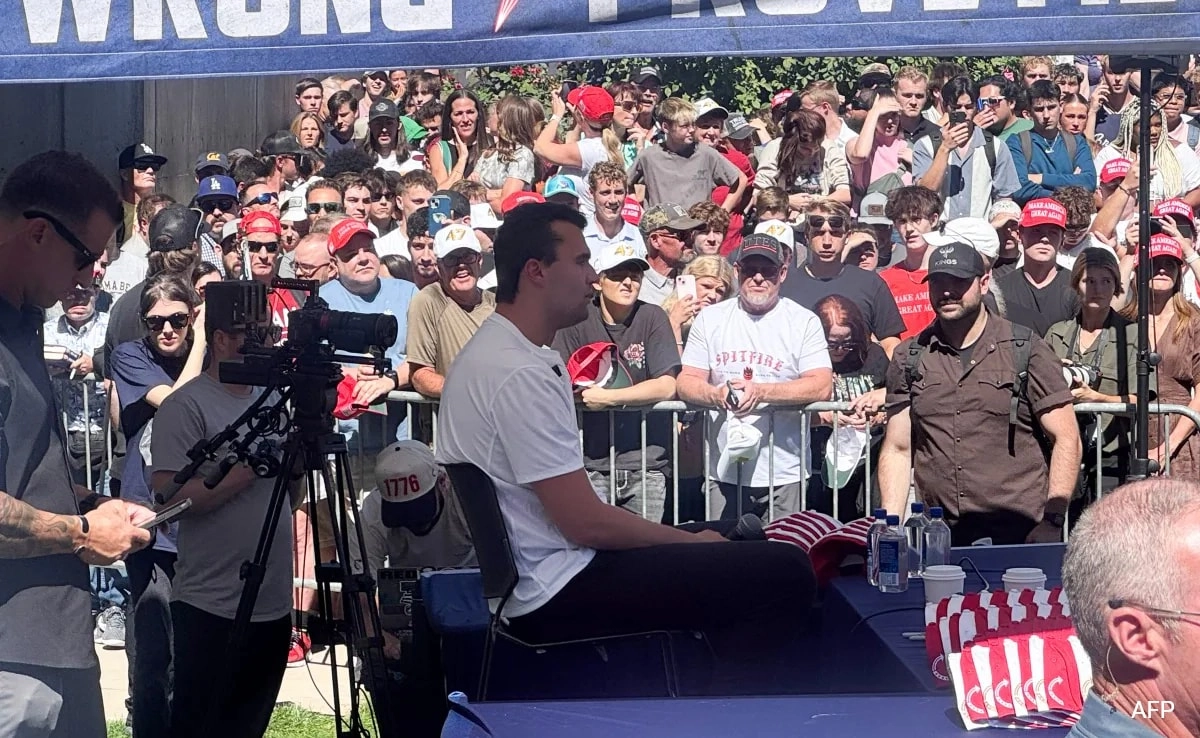The tragic shooting death of Charlie Kirk has raised significant concerns regarding security protocols at political events. As a prominent conservative activist and founder of Turning Point USA, Kirk’s assassination underscores the vulnerabilities that exist in the protection of public figures during gatherings that often attract heated political discourse. The incident has prompted a reevaluation of security measures, as the safety of speakers, attendees, and the general public should be a paramount concern in any political setting.
In the wake of this devastating event, many are questioning the adequacy of current security arrangements at political rallies and events. Historically, these gatherings have been viewed as platforms for free speech and democratic engagement, but the increasing polarization of political ideologies has led to a rise in hostility and violence. This shift necessitates a reassessment of how security is managed, with a focus on preventing potential threats and ensuring that political figures can communicate their messages without fear of harm.
Moreover, the implications of Kirk’s death extend beyond individual safety; they touch on the broader landscape of political discourse in the United States. As tensions continue to escalate, there is a pressing need for comprehensive strategies that not only protect public figures but also foster an environment where civil dialogue can thrive. The balance between security and the principles of free expression must be carefully navigated to preserve democracy while safeguarding lives.
In conclusion, the shooting death of Charlie Kirk serves as a stark reminder of the urgent need for improved security frameworks at political events. Stakeholders, including event organizers, law enforcement, and political leaders, must collaborate to create robust protocols that prioritize safety without infringing on the ideals of open discourse. Only through a concerted effort can we hope to prevent similar tragedies and ensure that political engagement remains a cornerstone of democratic society.




